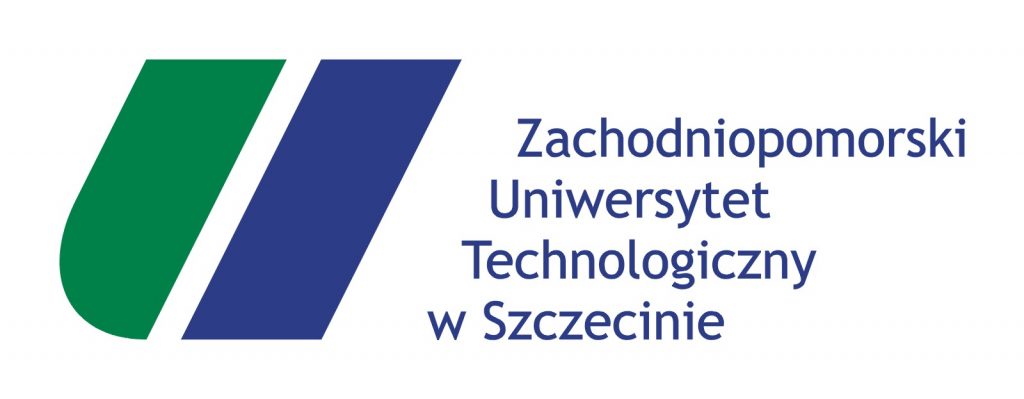Negligent liability for death or personal injury in health care.
Alternative causal courses and causal factors interfering in the production of the event
The case:
The Court of First Instance found the defendants, in their capacity as surgeons at the nursing home, guilty, in negligent cooperation among them, as respectively first operator and second operator, of culpable responsibility for death as they concurred to cause the death of their patient, suffering from chronic cholecystitis, for a videolaparoscopic cholecystectomy, when, during this operation, they caused a severe iatrogenic lesion of the main biliary tract, through the total or partial removal of the extrahepatic biliary tract and the lesion by amputation of the left intrahepatic branch of the portal vein as well as of the right hepatic artery, and sentenced both to two years of imprisonment.
The Court of Appeal in partial reform of the first degree sentence, granted the general extenuating circumstances, redetermines the sentence imposed on them to 1 years and 4 months of imprisonment.
The point of the Cassation:
The Supreme Court specifies that, in the matter of appraisals and consultancy, the judge of merit can legitimately make his own, when required by the nature of the question, one rather than the other scientific thesis, provided that he gives adequate reasons for the choice and demonstrates that he dwelt on the thesis or theses that he believed he should not follow.
On the contrary, there is a defect in the motivation, the omitted critical examination of the essential contents of the consultations, since the evaluation of procedural emergencies is entrusted to the discretion of the trial judge, who, in order to fully fulfill the burden of motivation, must state adequately and the arguments that have become decisive for the formation of his conviction.
Consequently, the sentence which is based solely on technical advice must give an adequate explanation of the reasons why, in response to the request for an expert opinion by the same Public Prosecutor, the results of this advice are considered exhaustive and incontrovertible since the rule of judgment of the “Beyond any reasonable doubt” requires the judge to adopt a dialectical method of verifying the accusatory hypothesis.
There is also a defect in the motivation of the sentence that uses the results of the technical advice of the public prosecutor only, excluding the need for an expert opinion even in the presence of an effective and documented contrast with the opposing thesis proposed by the defendant's consultant.
Still on the subject of evaluating the results of the reports of experts and consultants, when the conclusions of the technical consultant of the PM are not shared by the consultants of the defendants and the judge deems to adhere to the first, he will not necessarily have to provide, in motivation, the demonstration autonomous of their scientific accuracy and the erroneousness of the others, provided that he proves that he has in any case critically assessed the conclusions and arguments of the defense consultants.
In the case in question, the Court of Appeal did not ascertain whether, how and to what extent the contrast between the contents of the medical records, the statements of the technical consultants of the PM, the time of duodenal perforation and peritonism was overcome, the 'any degree of culpable culpability recognizable by each accused and its implications in the light of Legislative Decree 13 September 2012, n. 158, and of the current art. 590-sexies of the Criminal Code and finally the incidence, in the causal development, of the patient's refusal to undergo a hypothetically salvific operation and of the time elapsed between the first operation and that carried out at the hospital.
In fact, as a guarantee of the positions of health workers, there is the lack of evaluation with reference to the degree of culpable responsibility given that there is no trace of any critical mention regarding the considerations of the opposite sign: neither the operative field is considered complicated by tenacious adhesions nor the anomalous course of very difficult identification of the right renal artery.
In such a situation, any errors of negligent responsibility, under the species ofinexperience were to be evaluated as slight, with the consequences of the case, in the light of Legislative Decree 13 September 2012, n. 158, art. 3, paragraph 1, and of the current one art. 590-sexies of the Criminal Code.
The judges of merit, criticizes the Supreme Court, relied exclusively on the statements made by the technical consultants of the public prosecutor, while in the argumentative fabric of the contested ruling it is not possible to find an adequate explanation of the reasons why the appellate judge considered the 'completeness and incontrovertibility of the findings made by them.
Nor can they be inferred, albeit implicitly, but in a sufficiently clear way, from the whole of the justificatory apparatus in support of the decision adopted, despite the fact that in the appeals the questions had been expressly devolved to the second instance judge, with specific reasons, which they certainly cannot be accused of being generic, since the arguments formulated in the reasoning of the first instance sentence have been criticized, with specific complaints, by the appellants.
The Supreme Court specifies that for the purpose of identifying theetiology of an event, the judicial analysis proceeds according to a very precise logical paradigm: what must be explained must be inferred from a set of premises consisting of statements relating to relevant antecedent empirical conditions and asserent generalizations of regularities.
Therefore, the explanandum is made intelligible through the connection to a set of antecedent empirical conditions, on the basis of the laws included in the explanans.
This is the cd nomological-functional notion of cause, prevalent in modern scientific thought, according to which the "why" of an event is identified with a set of antecedent empirical conditions, contiguous in space and continuous in time, on which the succession of the event itself depends, according to a regular uniformity, detected previously and set forth in a law.
Therefore, the judges of merit should have explained, on the basis of an adequate scientific support, whether alternative causal courses or in any case causal factors interfering in the production of the event could be envisaged, and therefore the Supreme Court annuls the sentence of the Court of Appeal with postponement. .

